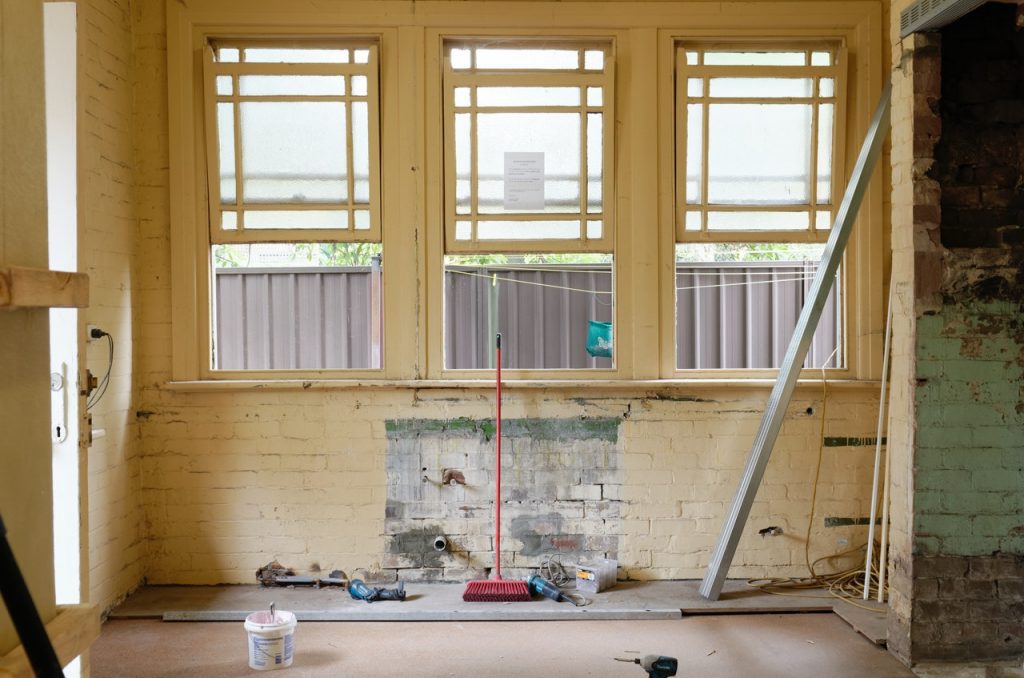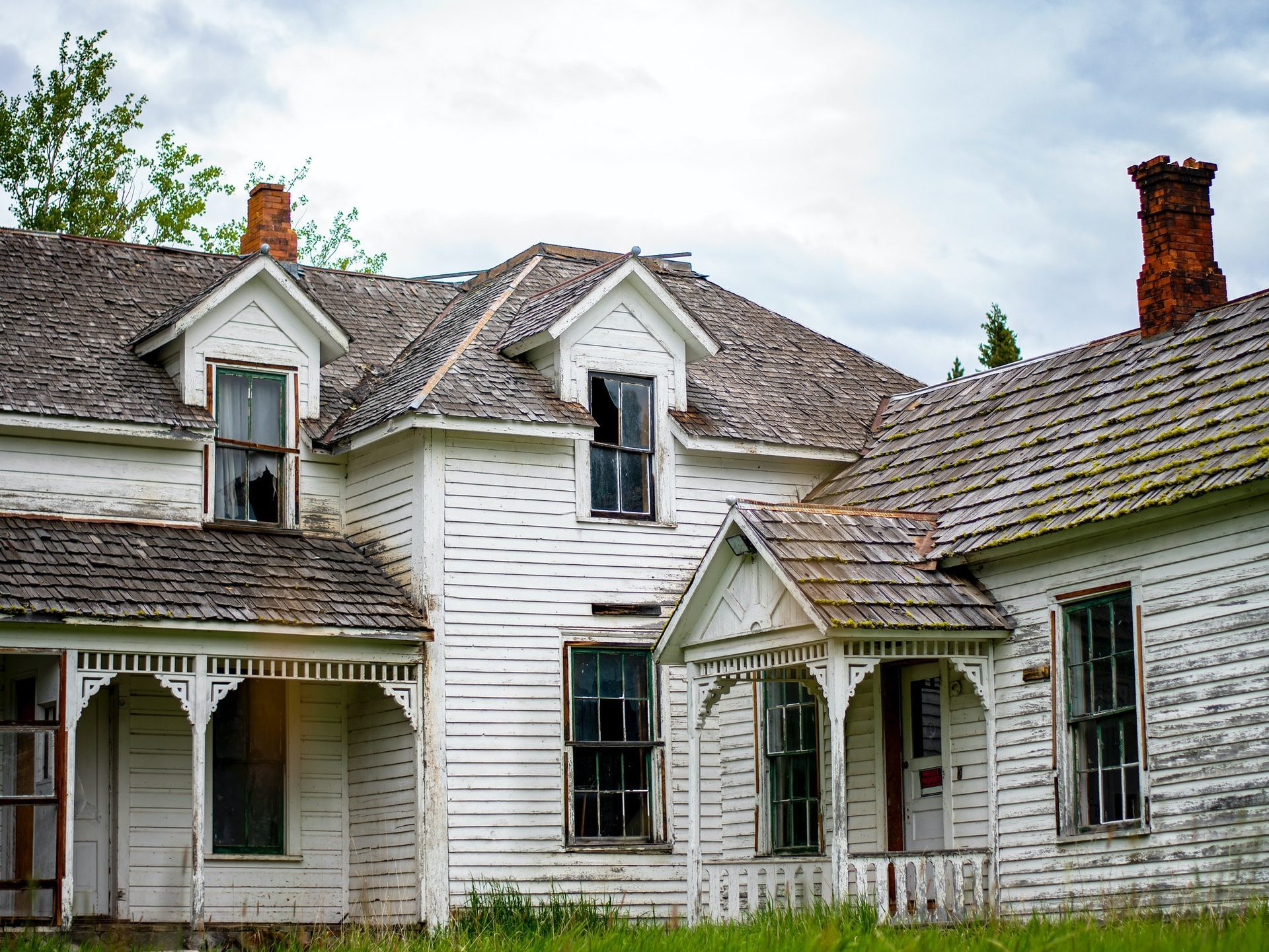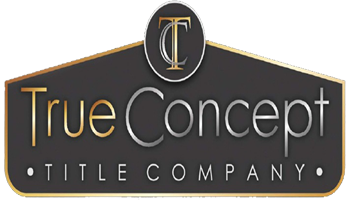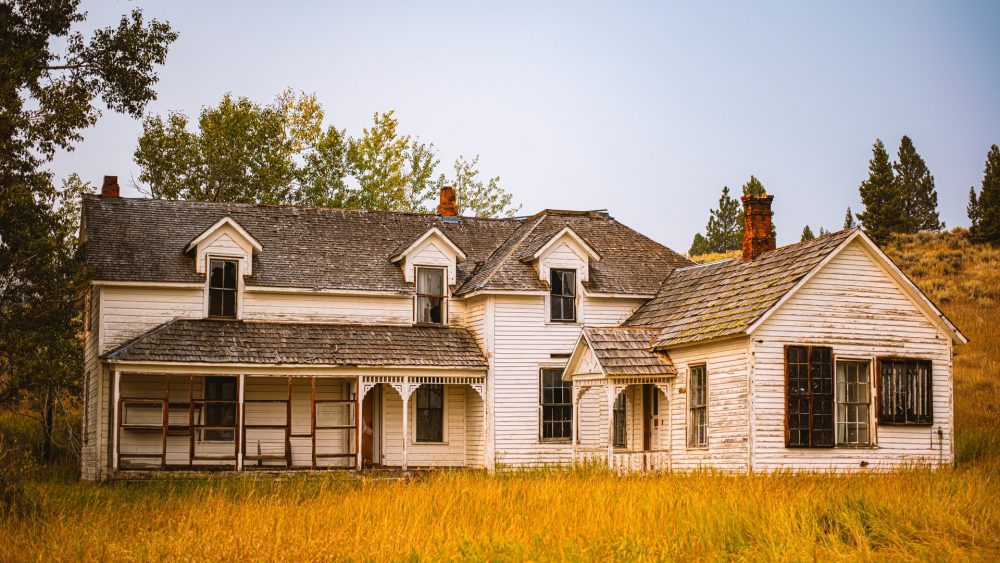Once you’ve watched enough HGTV, you’ll likely realize the house flipping market is a great avenue to put your designer eye to use and simultaneously try to take home a profit. Although this process may not seem overly complicated, there are steps to take that can easily be overlooked- such as purchasing the correct insurance.
New house flippers may try to work with their personal home insurance provider but fail to realize that flipping houses requires a specific type of insurance coverage. With a little bit of TLC, you can ‘upcycle’ fixer-uppers and see a significant return on investment, but make sure your property is protected with True Concept Title’s guide to the right flipping coverage.

Why Title Insurance is Crucial for House Flipping
Insurance is necessary to protect your property. Since no one is currently living in your fixer-upper, you might not see the point of insurance. And it’s not your forever home, so why bother getting title insurance right? However, flipping a property may be an even higher risk than your personal home, so it’s crucial that you are adequately covered with the proper insurance.
Old homes that have faced foreclosure or were abandoned when a previous owner passed away may have clouds on the title. Rather than rushing through the process of a ‘house flip’ in an attempt to make some quick cash, make sure to take your time to properly research the property’s history.
Without a thorough title search and title insurance, you could run into serious legal issues that may invalidate your ability to resell the property.
Protect Your Ownership with Title Insurance
When fixing up a home to sell, you may be looking for areas to cut costs. While we totally understand this from a business perspective, make sure you’re being thrifty where it won’t hurt you. You should consider title insurance a fixed cost not to be messed around with – otherwise you risk losing not just a few hundred dollars, but your entire investment. Not worth it.
Title insurance protects your investment in case there is an issue that was missed during a title search due to errors in public error, for example. Your fixer-upper has likely switched owners multiple times over its lifespan, and if it ever faced foreclosure, this only increases the risk of problems.
If you are frequently buying and selling homes, you may benefit from purchasing a title binder. This commitment acts as a normal title insurance policy but can be transferred to the next home you flip.
Buying Foreclosed? > Learn More
Ready for Resale
Oftentimes, ‘flippable’ homes may be located in areas with FHA (Federal Housing Administration) loan buyers. These loans require 90 days between the property purchase date and sell date. Sales made within 6 months of purchase have a strict process for sale that requires a second appraiser.
Additionally, if selling within a year of purchase, FHA lenders may require justifying any increase at least 5% above the original value. Make sure you comply with requirements by hiring an experienced real estate lawyer.

Special Insurance for Property Flipping
In addition to title insurance for your flip, there are other special types of insurance policies to consider when purchasing a house to renovate. While these can be purchased separately, we recommend obtaining all three for maximum security. It’s better to be safe than sorry, right?
Dwelling Policy
A Dwelling Policy is specifically outlined for vacant properties, protecting against direct physical damage to the premises. Your fixer-upper may be at risk of damage from unfriendly parties when no one is occupying the space.
Builder’s Risk Policy
Like a Dwelling Policy, a Builder’s Risk Policy is intended for a vacant property. If your renovation project requires tampering with the structure of the home, a Builder’s Risk Policy will cover any physical damage accidentally caused during construction. In contrast to a Dwelling Policy, a Builder’s Risk Policy will protect renovation materials as well as fixtures and equipment.
General Liability Policy
A General Liability Policy will protect you if anyone gets hurt during a renovation. If you personally are injured, your General Liability Policy can cover your medical expenses. Keep in mind a General Liability Policy does not protect other individuals working on the property; however, it protects you in case someone is injured and tries to sue you as a result. The insurance company will deal with expenses that arise in this case.
Secure Your Flip with True Concept
Title insurance is arguably the most critical kind of insurance you should obtain when buying not only a house to flip but any kind of property. You may run into solvable issues on the property while renovating, but none of these challenges will be worth the struggle if you are also faced with legal claims, public record errors, liens, or even someone claiming rightful ownership of the property.
Flipping houses can be an excellent source of income that can offer a significant reward for hard work – work that is often fun and provides room for limitless creativity. However, to avoid debilitating property damage costs, medical expenses, legal fees that cancel out your return on investment, or even losing your property, it is essential to cover your fixer-upper with the right insurance.
Rehabbers and house flippers: remember you have a choice in title. Get in touch with national title insurance experts like True Concept Title. We can help protect your flip! Call our team today to start the process – (813)-263-7168.


